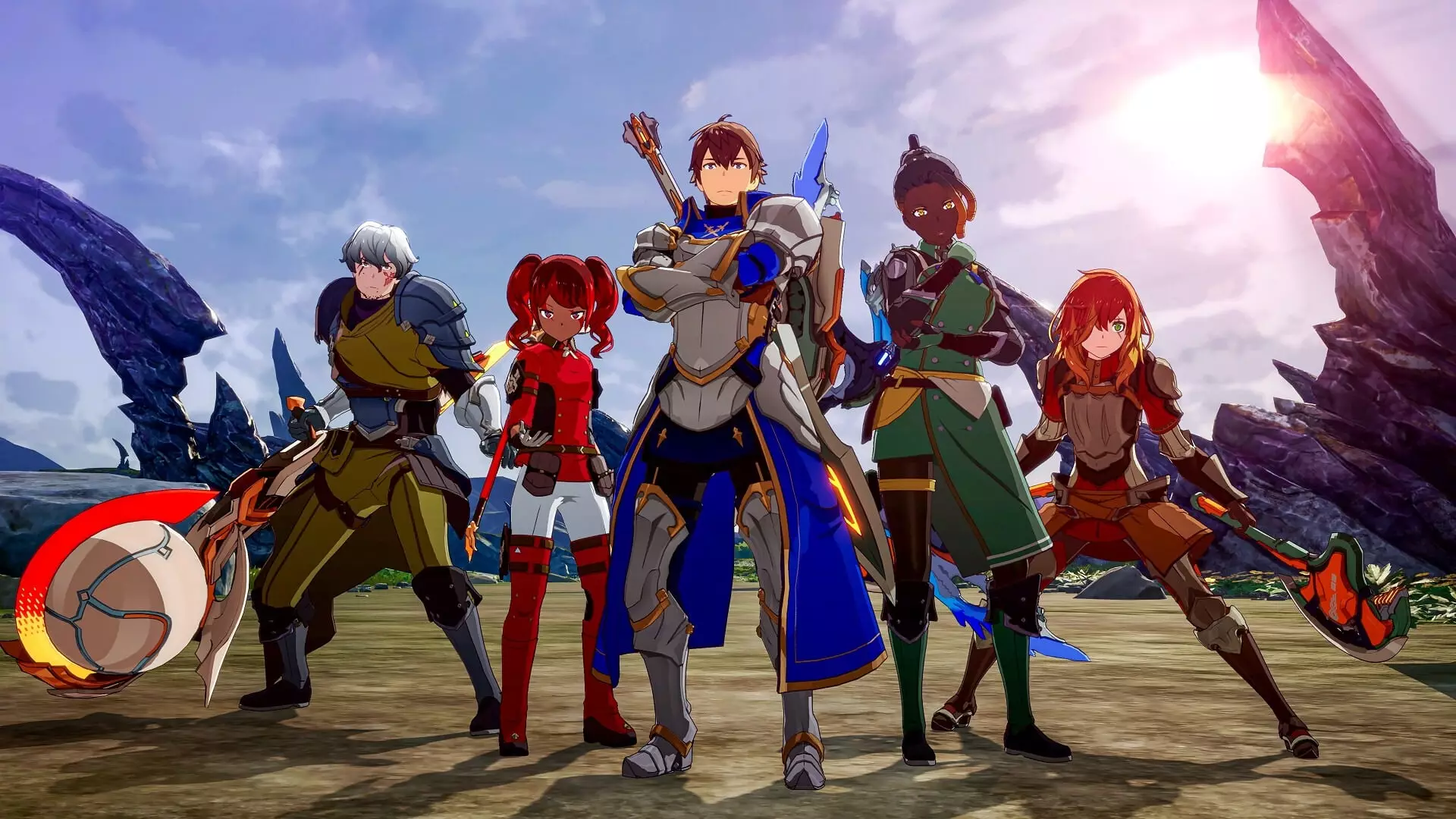Bandai Namco’s anime-inspired MMORPG, Blue Protocol, has encountered a roller-coaster journey over the past few years, encapsulating both disappointment and renewed optimism in the gaming community. Originally released in Japan, the game faced critical scrutiny, leading to its unexpected closure in February 2025. The fallout from this decision reverberated throughout the gaming world, particularly among fans who had been eagerly anticipating its global launch. However, it seems that the game’s fate has been dramatically altered as a studio backed by Tencent has taken the reins, breathing new life into this once-frozen title.
From Cancellation to Revival: A New Hope
In a surprising turn of events, what was initially seen as a definitive end for Blue Protocol has transformed into an unforeseen opportunity for rebirth. After its cancellation in August 2024, the Tencent-supported studio, Bokura, rebranded the title to Blue Protocol: Star Resonance, gearing up for an international release that will encompass Europe, North America, and Latin America, among others. Such a revival is remarkable; it is not every day that a game, deemed unworthy of continuation, is given a chance to rise again. This transition reflects a deeper acknowledgment of player expectations and developer accountability.
What’s intriguing about this development is the studio’s candid approach regarding the initial shortcomings. Where many companies may obfuscate their failures, Bokura has openly admitted that they could not meet the audience’s expectations at the outset. By initiating this conversation, they not only build trust with their player base but also set the stage for a more collaborative experience where players feel like co-creators rather than passive consumers.
Expectations and Revamped Experiences
With the shift to Blue Protocol: Star Resonance, expectations run high. Gamers are hopeful that the new updates will transform their initial underwhelming experience into an engaging and vibrant journey through a world reminiscent of anime adventures. The promotional materials released recently suggest that significant improvements have been implemented based on player feedback. Whether these enhancements will truly capture the hearts of audiences remains to be seen, but they illustrate an admirable commitment to player satisfaction.
One of the more captivating aspects of this revival is the promise of community involvement in shaping the game’s future. By recognizing the shortcomings of the past, Bokura aims to create an environment where player feedback can meaningfully influence game development. This initiative could set a precedent in the industry, encouraging other developers to take similar approaches and prioritize engagement with their communities.
The Unique Appeal of Second Chances
The story of Blue Protocol is not merely about game mechanics or graphics; it resonates deeply with the gaming community’s desire for connection and shared experience. The rarity of a canceled game making a comeback injects an air of excitement and curiosity into discussions surrounding its launch. Will the lessons learned from its previous iteration allow Blue Protocol to bloom into the cherished MMORPG that fans have dreamt of?
Only time will tell as anticipation builds for its release. What is clear, however, is that Blue Protocol represents a pivotal moment in gaming history—one where players and developers can harness their collective passion to create something extraordinary. This revival could very well redefine perceptions of failure in the gaming industry, signaling a new chapter where resilience and learning from past mistakes can lead to triumph.

